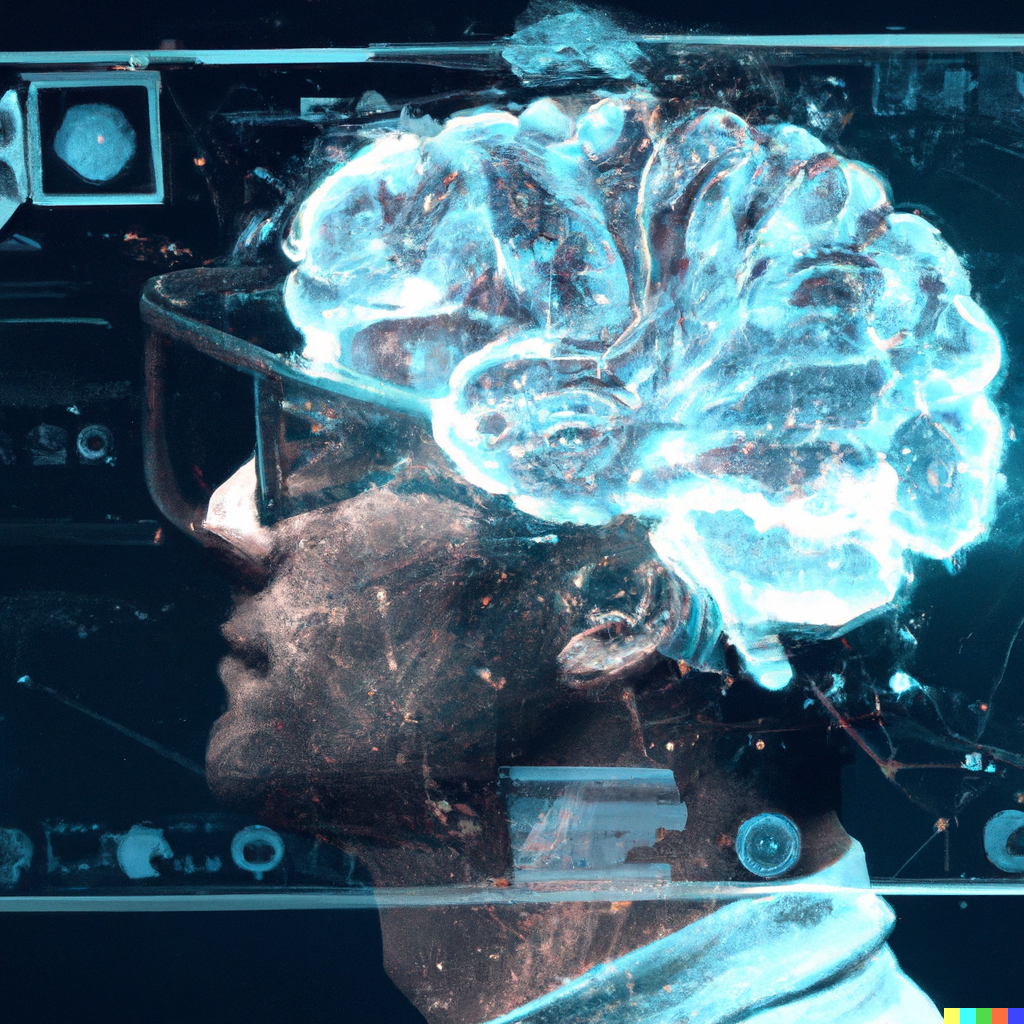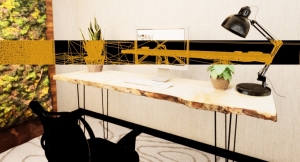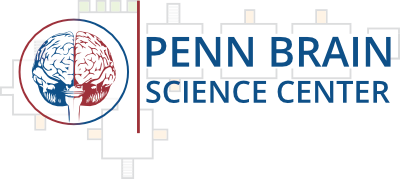
Virtual Reality Lab
The Penn Neurology VR Laboratory facilitates scientific and interdisciplinary VR/AR research in neuroscience and neuroscience-related studies such as psychology, radiology, forensics, anthropology, and several other medical fields where computer-driven 3d visualization, scientific-testing, simulation/modeling, and experimentation are required.

Figure 1: Unreal Engine generated Virtual reality biophilic testing space for neuroaesthetics research
Located in the Brain Science Center, the laboratory broadly operates as a virtual and augmented reality experimentation and collaboration space, software development laboratory, subject-testing, and experimentation facility for research incorporating virtual and augmented reality. Services include VR/AR software development, hardware/software consultation, grant-methodology consultation, scientific VR/AR environmental design/production, VR simulation modeling, mobile/PC software development (tablet/mobile), environment scanning/modeling (terrestrial/drone), VR/AR experimental design, VR/AR experimentation, and subject testing. The lab is equipped with state-of-the-art computer hardware (high-end RTX GPU systems) and a multitude of virtual and augmented reality headsets are available for use.
Location
3700 Hamilton Walk
Richards Building- C512
Philadelphia, PA 19104
Personnel
Director and Lead Programmer
jeffrey.vadala@pennmedicine.upenn.edu
